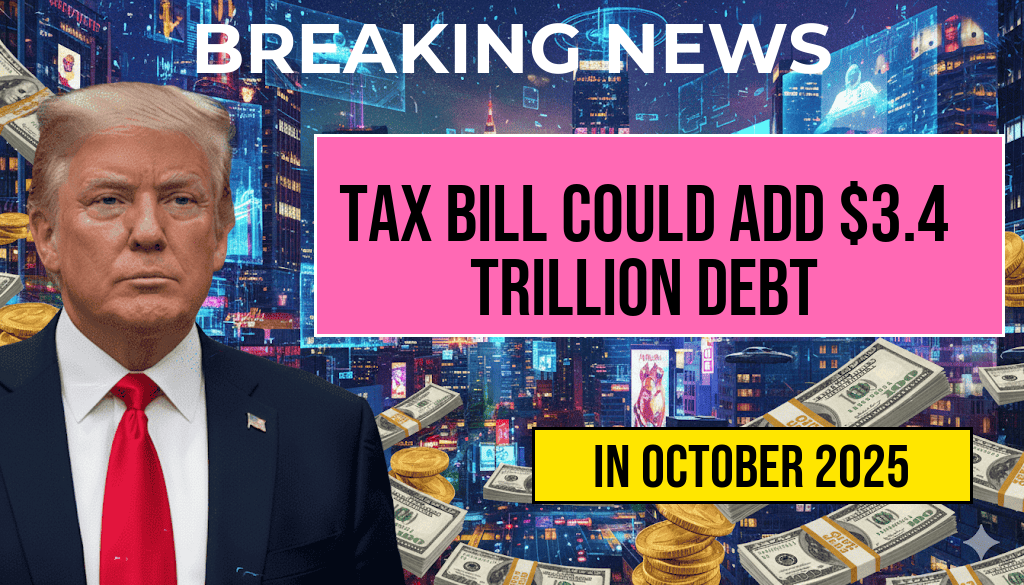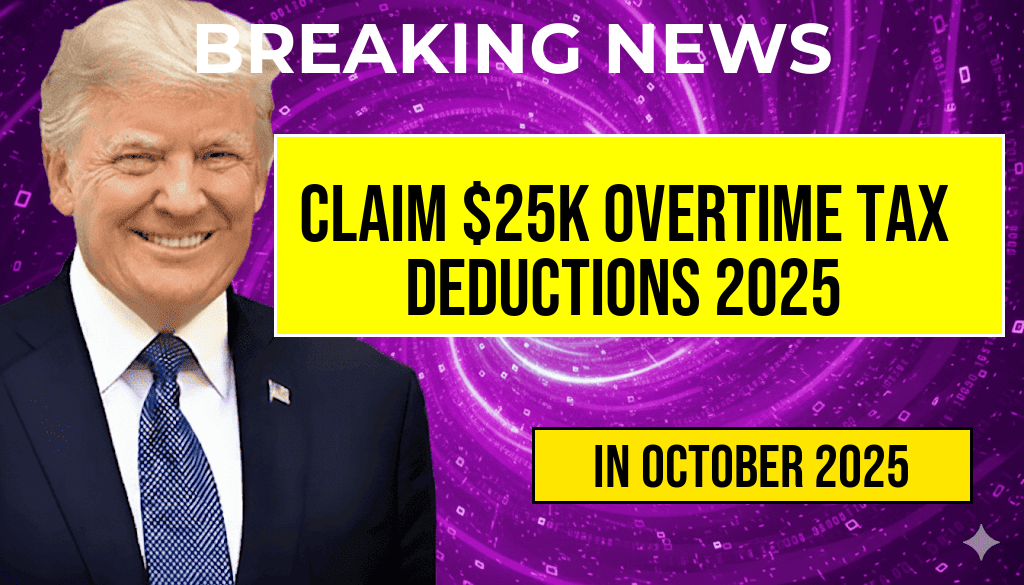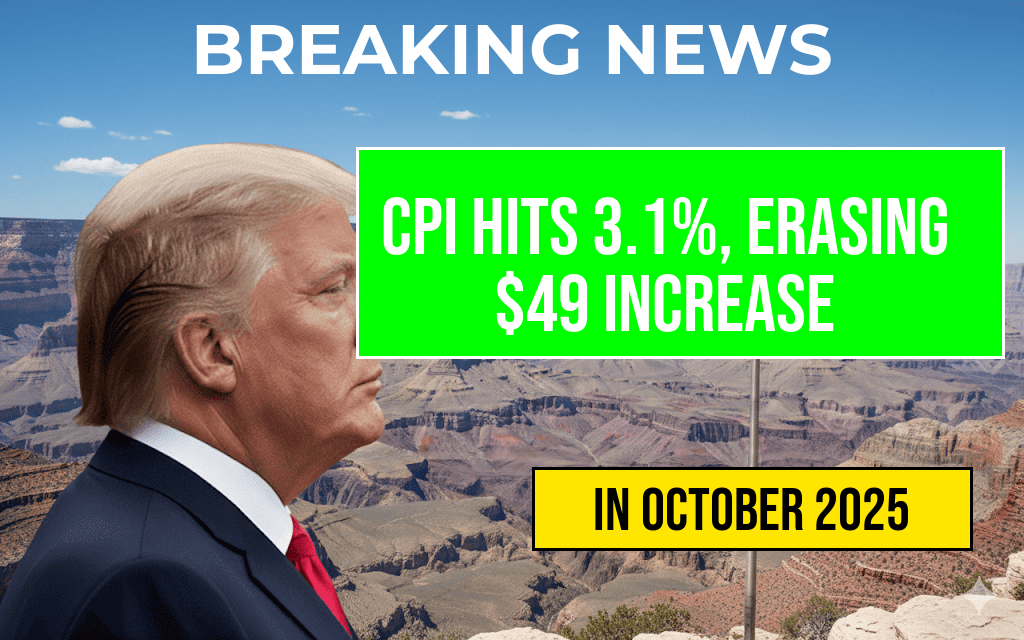The proposed legislation dubbed the “One Big Beautiful Bill” has ignited concerns across economic and political circles for its projected impact on the federal deficit. Analysts warn that if enacted as currently drafted, the bill could inflate the national debt by approximately $3.4 trillion over the next decade. The proposal, which aims to overhaul various sectors including healthcare, infrastructure, and tax policy, has garnered both support and criticism for its ambitious scope and fiscal implications. Critics argue that the bill’s funding mechanisms are insufficient to offset the increased spending, potentially setting the stage for heightened deficits and long-term economic challenges.
Understanding the Bill’s Financial Impact
Projected Deficit Increase
According to estimates from the Congressional Budget Office (CBO), the legislation, if implemented without adjustments, will add an estimated $3.4 trillion to the national deficit over ten years. This figure accounts for increased government expenditures combined with revenue assumptions that critics say are overly optimistic. The bill’s supporters contend that the investments made will stimulate economic growth, ultimately offsetting some of the initial costs. Nonetheless, independent analyses suggest that the projected deficit rise could have lasting repercussions on the country’s fiscal health.
Major Components Contributing to the Deficit
- Healthcare Expansion: Significant funding allocated to expanding Medicaid and subsidizing health coverage, which is expected to increase federal outlays by hundreds of billions over the decade.
- Infrastructure Investment: Large-scale infrastructure projects funded through federal grants and loans, with costs estimated at over $1 trillion.
- Tax Policy Changes: Proposed tax cuts for corporations and high-income households, projected to reduce federal revenue by approximately $1.8 trillion over ten years.
- Social Programs: Enhanced funding for education, childcare, and housing initiatives, adding to the overall spending projections.
Fiscal Concerns and Political Debate
Economic Risks of Rising Deficits
Economists caution that sustained increases in the federal deficit could lead to higher interest rates, crowding out private investment and potentially slowing economic growth. The Congressional Budget Office has warned that persistent deficits may undermine the government’s ability to respond to future crises and could burden future generations with higher debt service costs.
Partisan Perspectives
| Supporters | Opponents |
|---|---|
| Argue that the bill will stimulate economic growth and job creation, facilitating long-term fiscal sustainability. | Contend that the bill’s spending and tax cuts will significantly increase the deficit, risking economic stability. |
| Highlight investments in infrastructure and social programs as essential for modernizing the economy. | Emphasize the need for fiscal responsibility and prudent budgeting to prevent unsustainable debt levels. |
Potential Long-Term Effects
Impact on National Debt and Credit Ratings
If the bill’s projected deficit increase materializes, it could elevate the national debt to GDP ratios at a pace that may prompt credit rating agencies to reassess the country’s borrowing outlook. Historically, elevated debt levels have been linked to higher borrowing costs and reduced fiscal flexibility.
Implications for Future Policy
The bill’s passage might set a precedent for increased federal borrowing in pursuit of expansive policy goals. Policymakers will need to balance the desire for investment with the imperative to maintain fiscal discipline, especially amid rising interest rates and global economic uncertainties.
What Comes Next?
Legislative negotiations are ongoing, with key lawmakers debating the bill’s scope, funding sources, and long-term sustainability. Critics call for more comprehensive revenue measures, such as closing tax loopholes and implementing targeted levies on high earners, to offset the anticipated deficit increase. Meanwhile, supporters emphasize the importance of timely investment to ensure economic competitiveness and social resilience.
For additional context on the federal deficit and fiscal policy, refer to the Wikipedia page on the U.S. federal budget and Forbes’ analysis on the bill’s fiscal implications.
Frequently Asked Questions
What is the main concern raised in the article about the ‘One Big Beautiful Bill’?
The primary concern is that the ‘One Big Beautiful Bill’ will significantly increase the federal deficit by approximately 3.4 trillion dollars, raising questions about its fiscal impact.
How does the bill potentially affect the national deficit?
The article suggests that the bill could lead to an increase of around 3.4 trillion dollars in the national deficit, which may impact the country’s long-term fiscal health.
What are the key components of the ‘One Big Beautiful Bill’?
While the article does not detail all components, it highlights that the bill includes significant tax cuts and spending provisions that contribute to the projected increase in the deficit.
Who is most affected by the potential increase in the deficit caused by this bill?
The potential increase in the deficit could impact taxpayers across the nation, especially future generations who may face increased debt and reduced public services.
What should taxpayers consider regarding this bill’s passage?
Taxpayers should consider the fiscal implications of the bill, including how the projected deficit increase might affect economic stability and government programs in the future.








